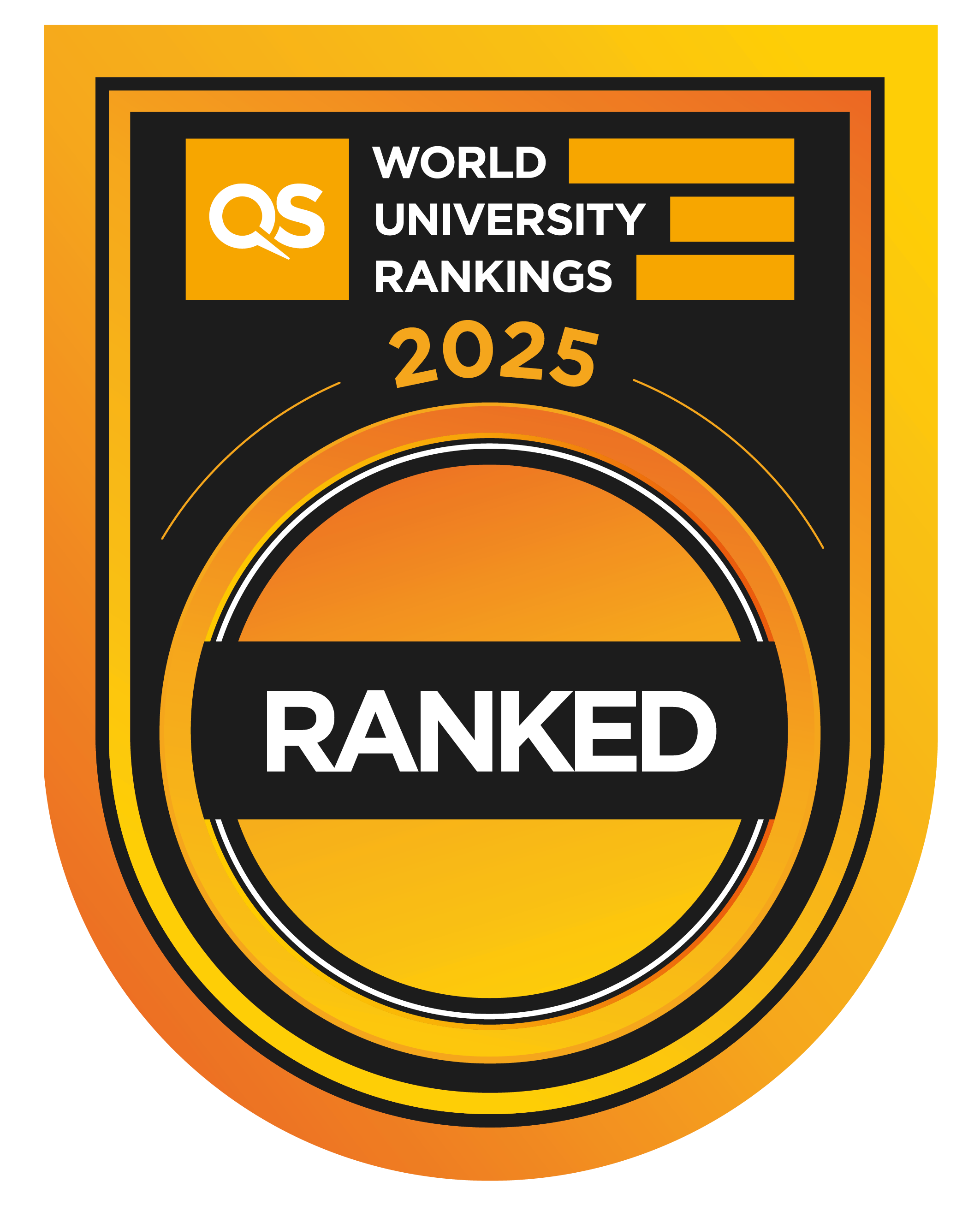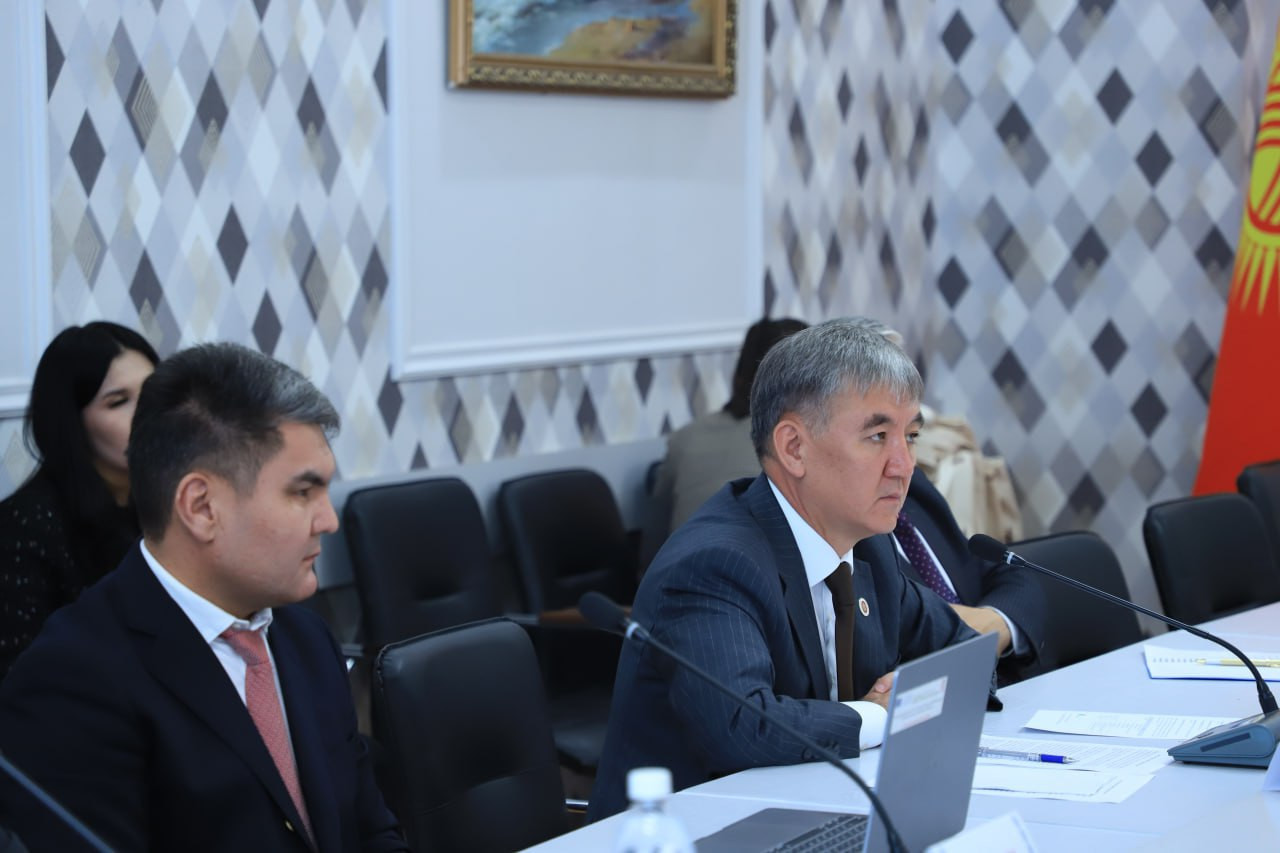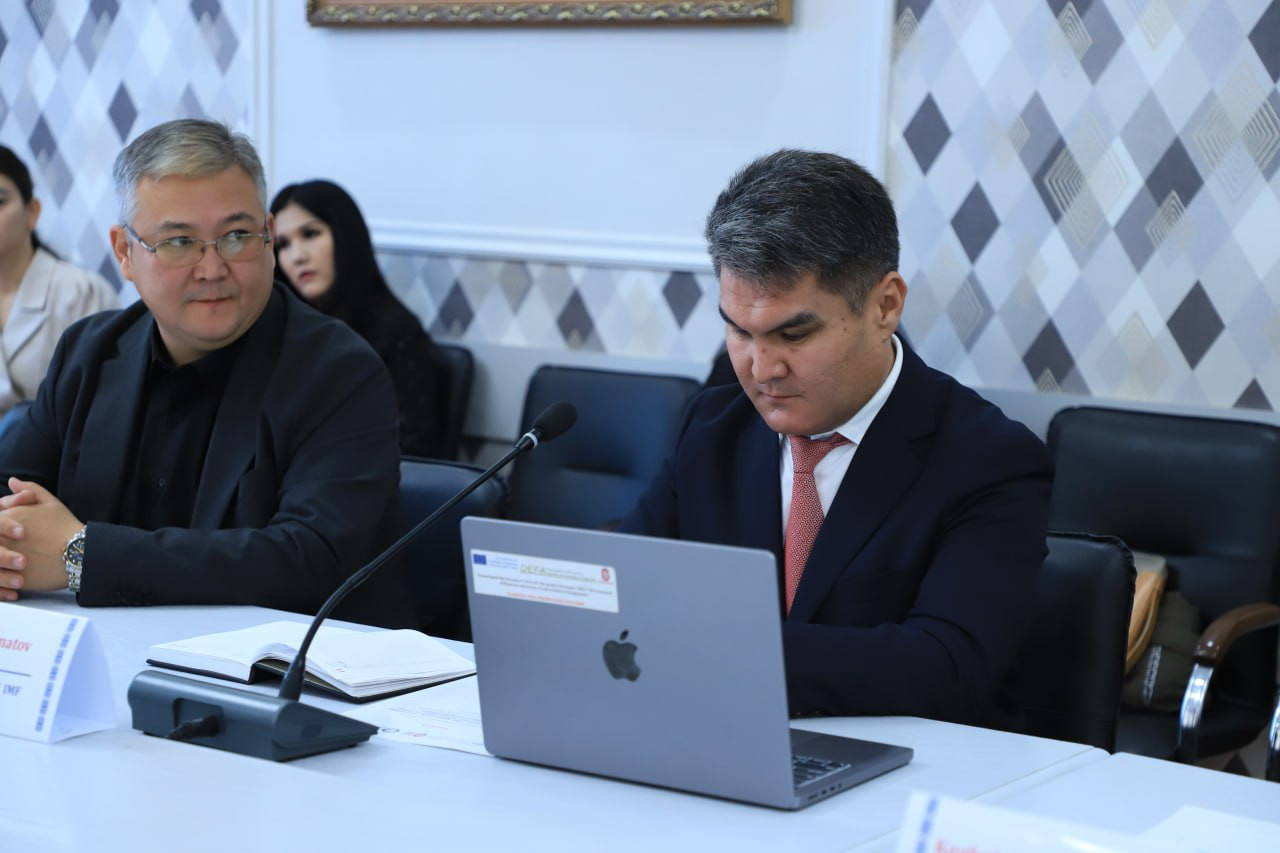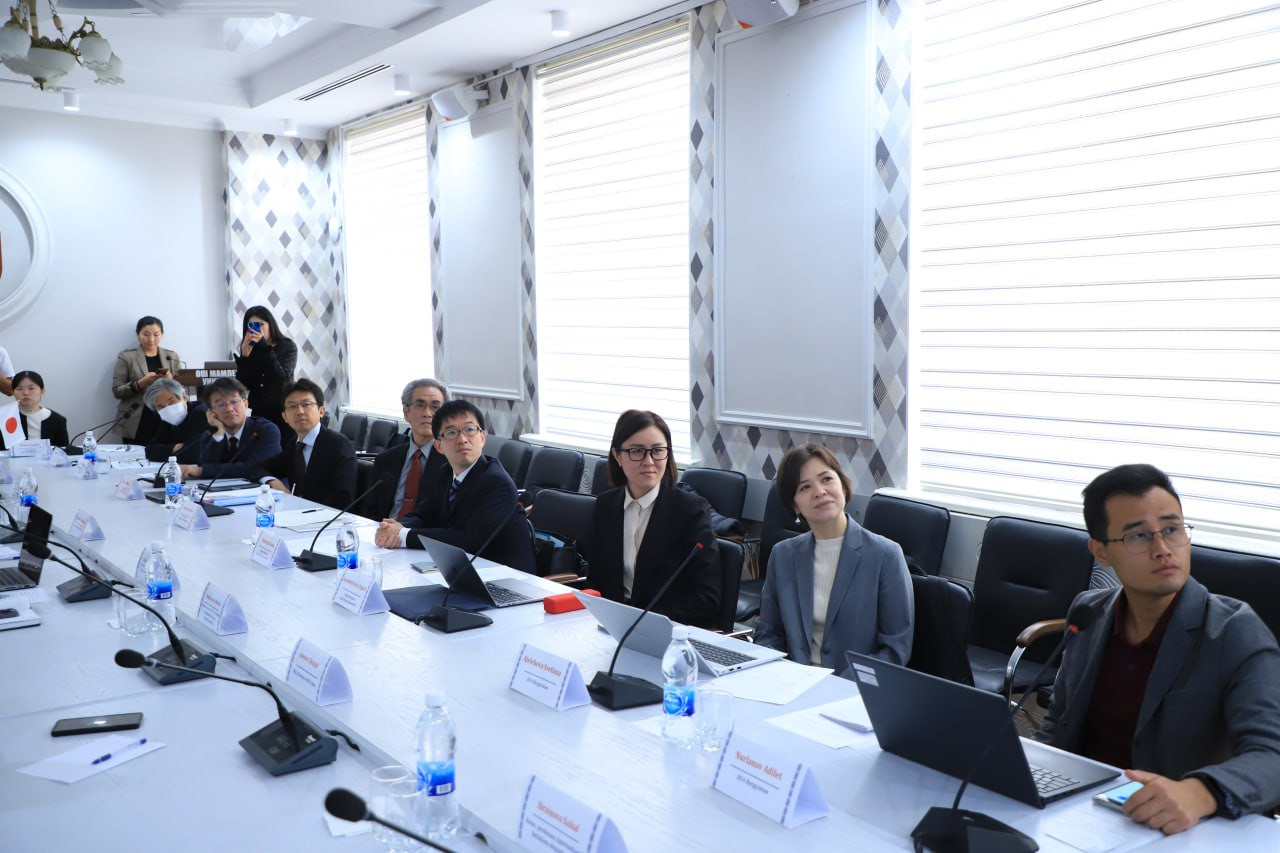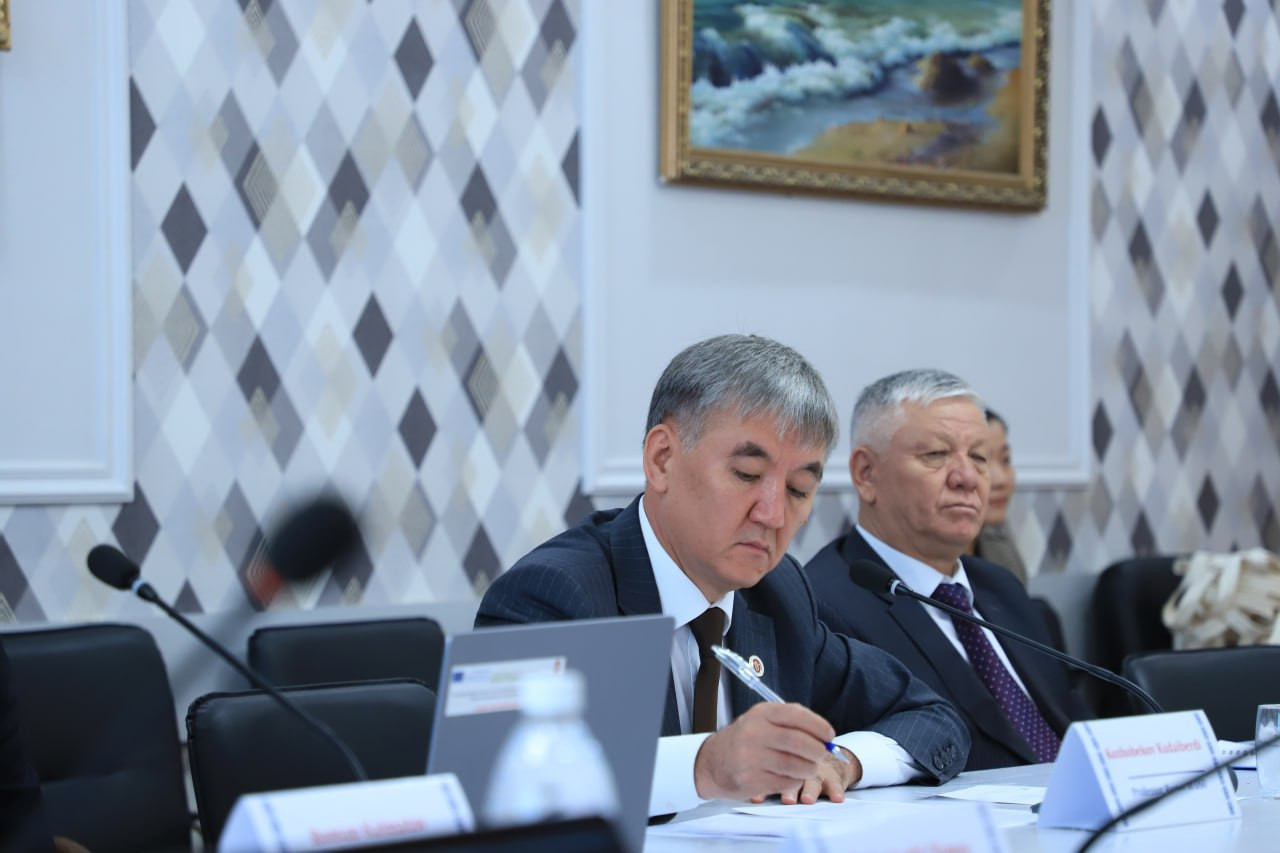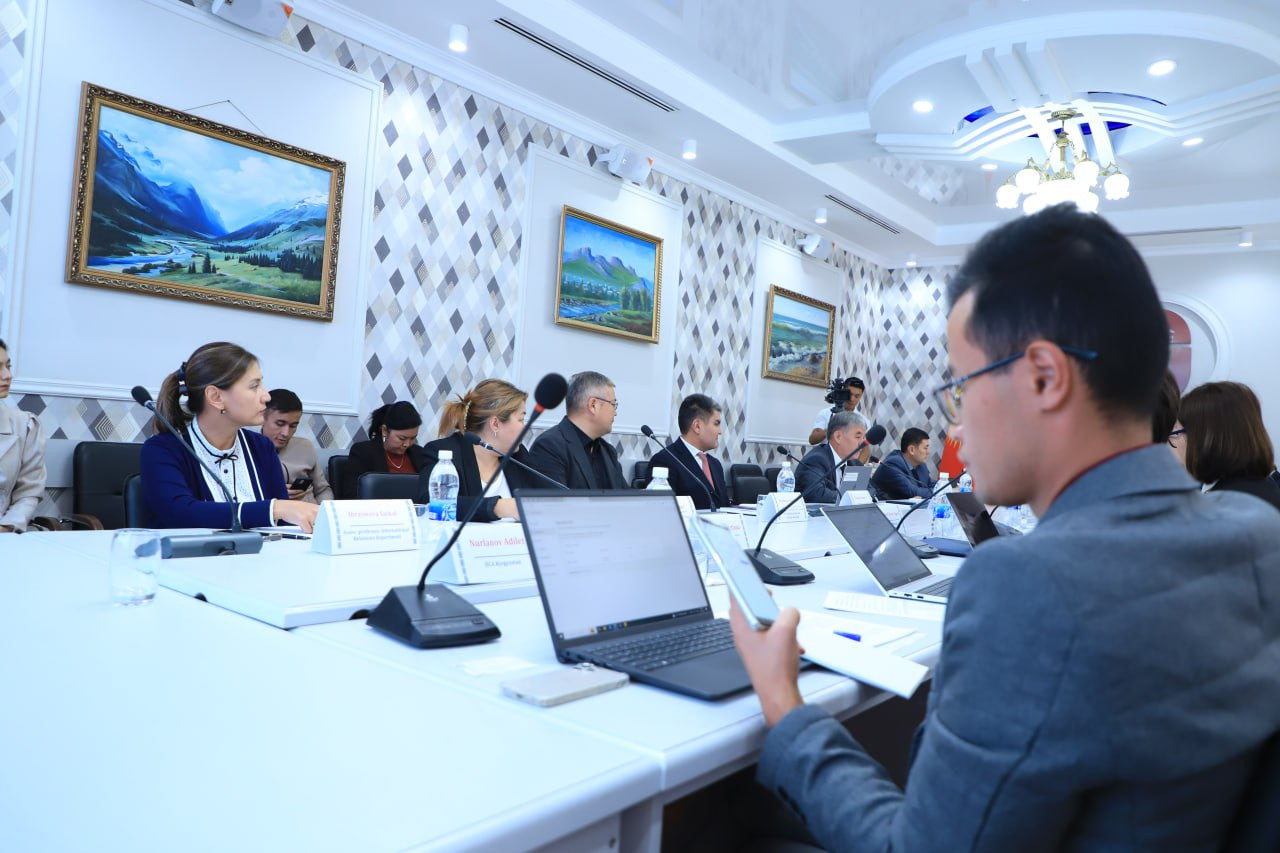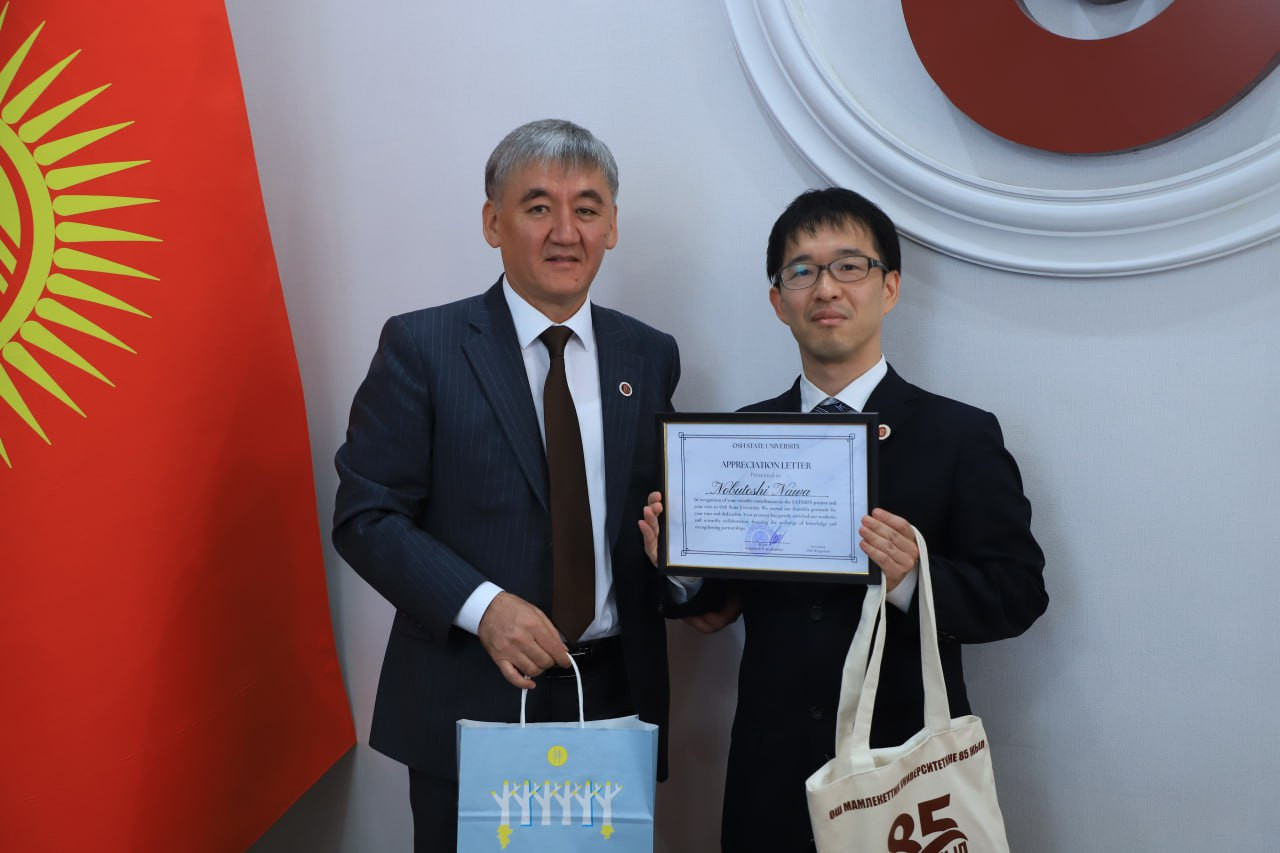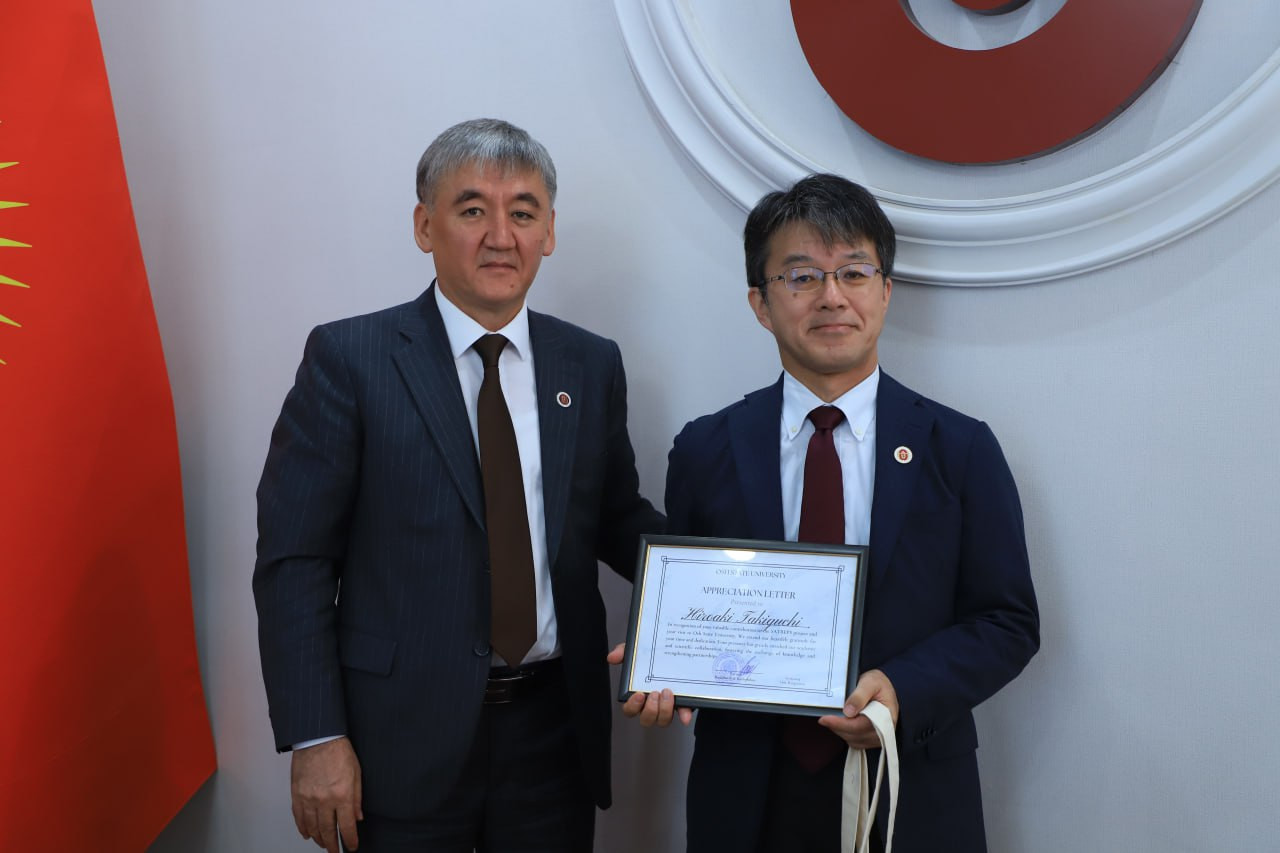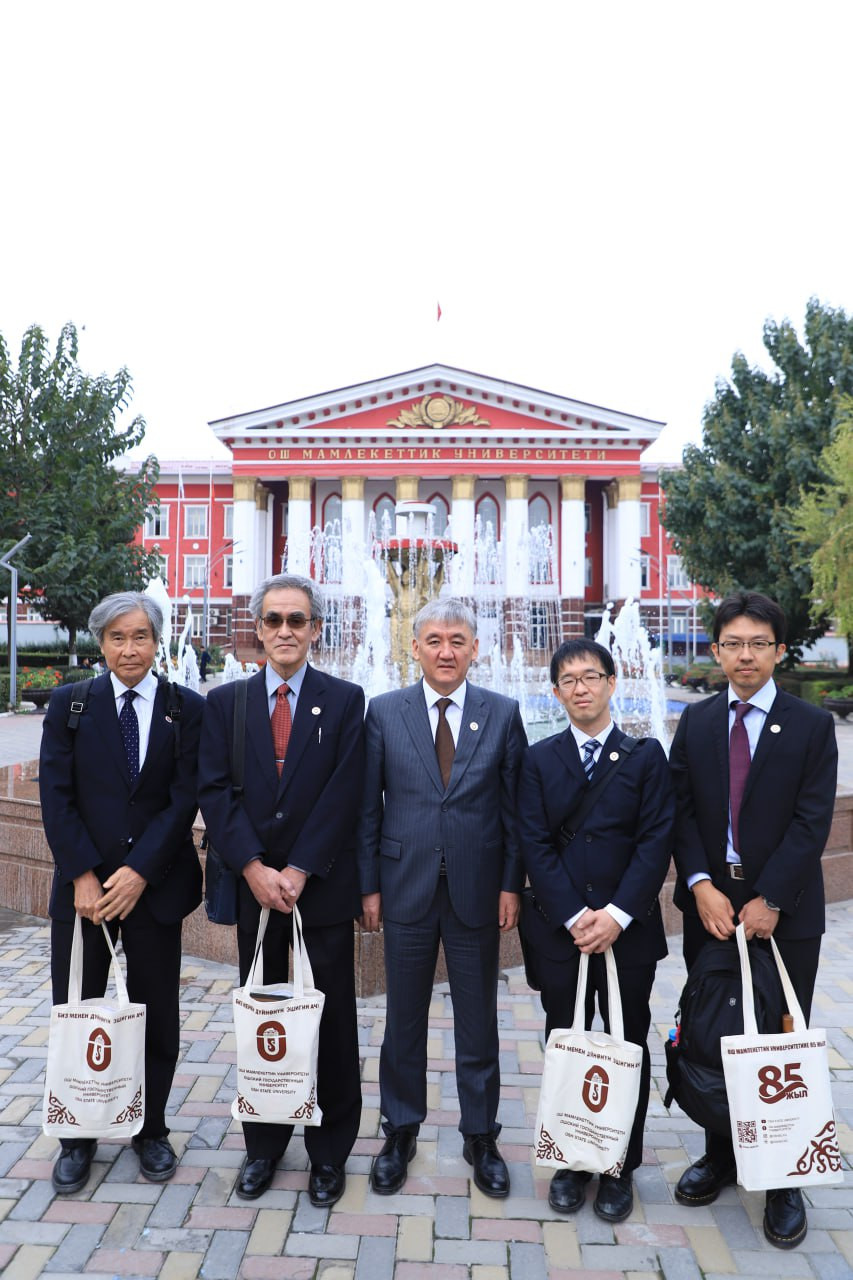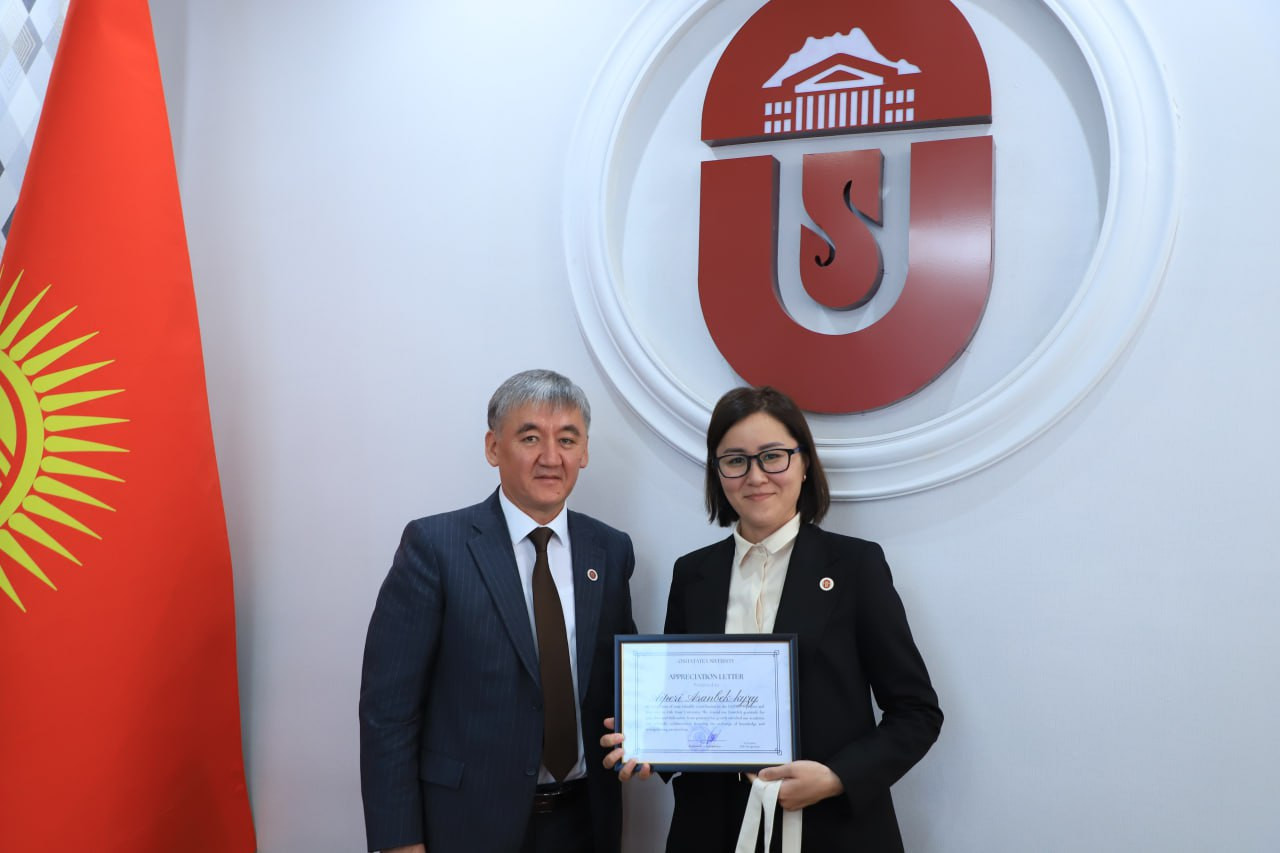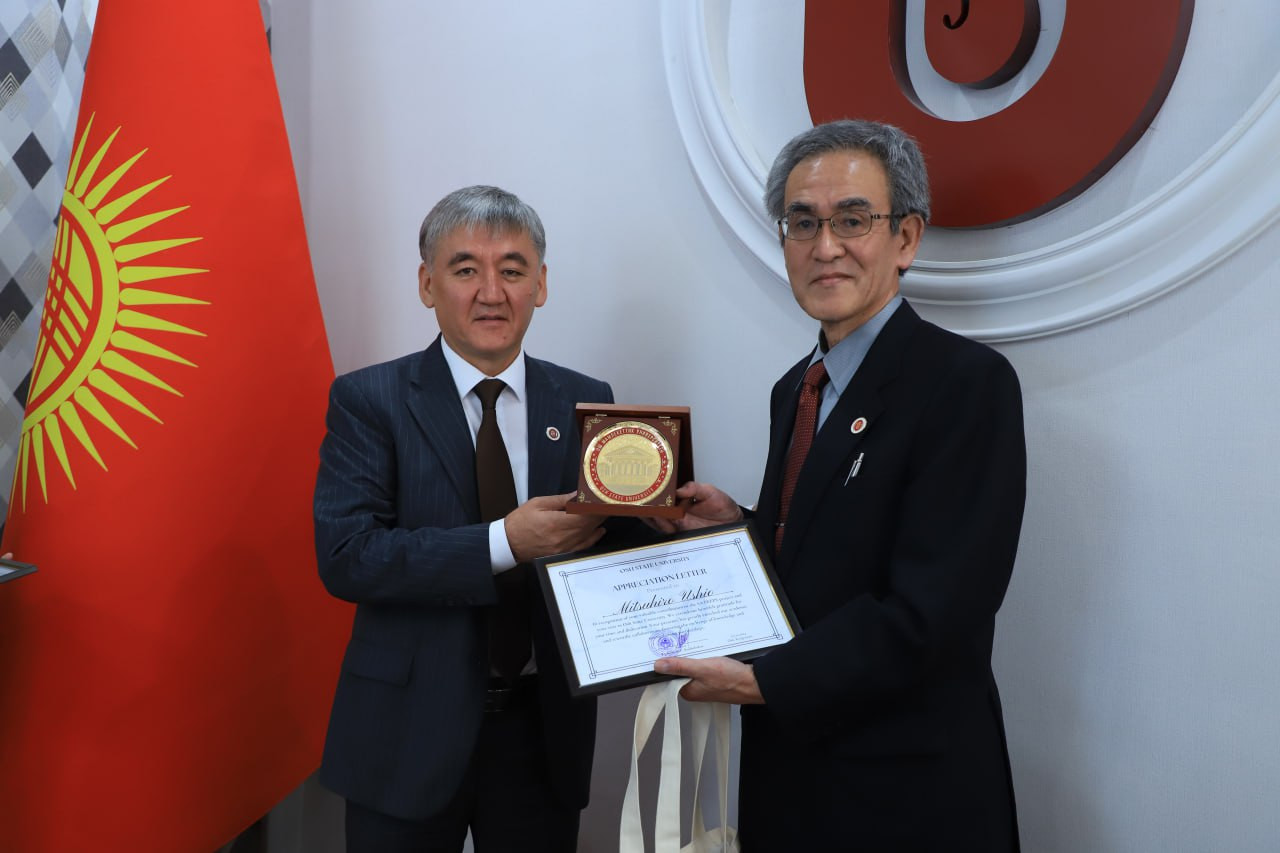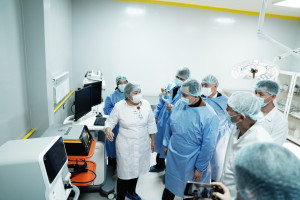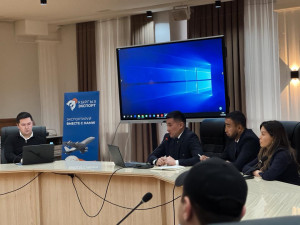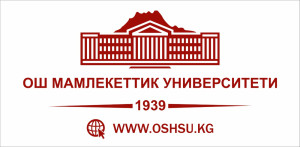
Japan and Osh State University Collaborate on Air Pollution Assessment Project
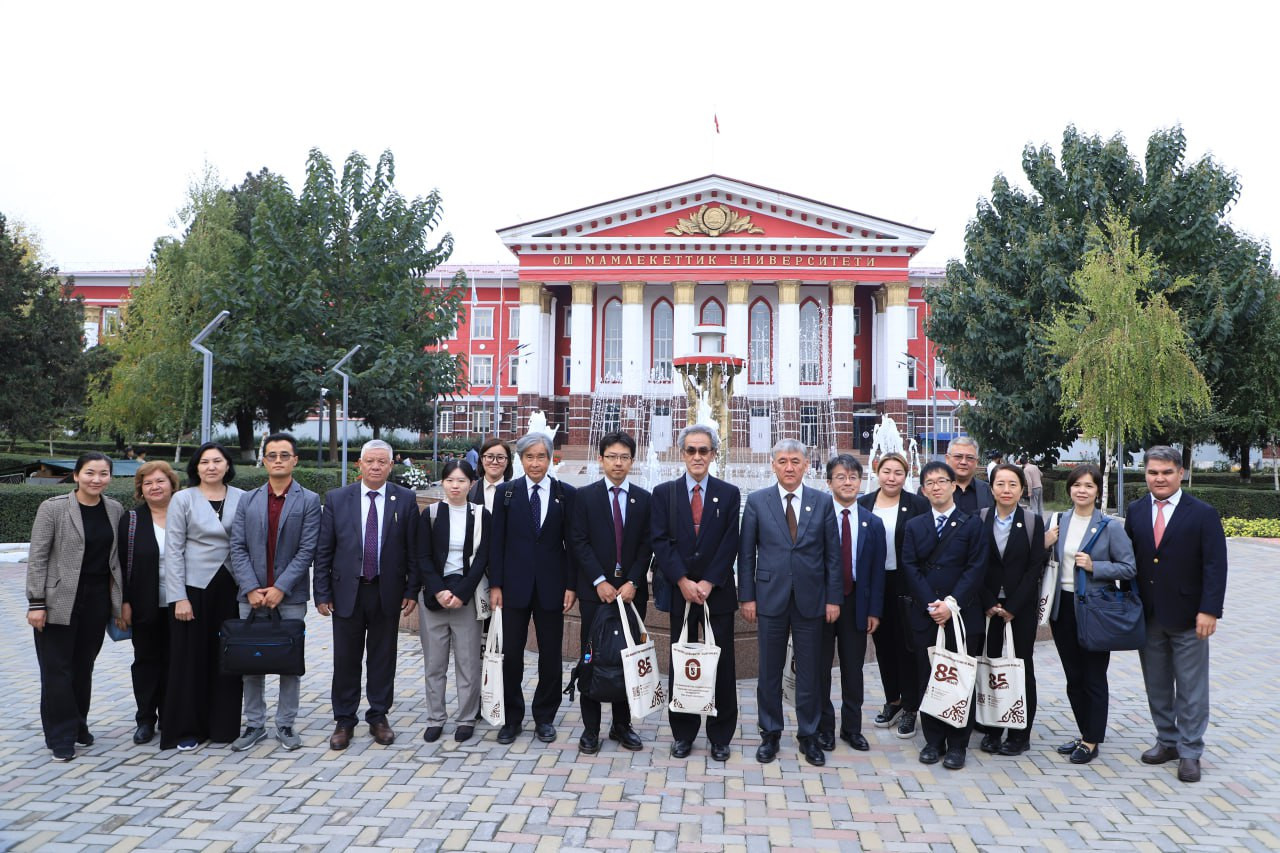
On October 7, a delegation from the Japan International Cooperation Agency, the Science and Technology Organization "Tekizaitekisho" and the Tokyo Medical and Dental University visited Osh State University.
The delegation discussed the final aspects of the project titled "Development of an Air Pollution Assessment System Based on Satellite Data and Regional Modeling of Chemical Substance Transfer and Creation of an Air Pollution Research Center." This initiative is being implemented by the Tokyo Medical University in collaboration with Osh State University.
As part of the project, equipment for measuring air pollution will be procured and installed in the cities of Osh, Bishkek, and other regions. Eventually, these devices will be integrated into the national air pollution monitoring system, and staff from Osh State University will receive training at the Tokyo Medical University to support this effort.
Rector Kudaiberdi Kozhobekov highlighted the project's significant importance for both the country and Osh City. He noted that the use of low-quality coal, industrial development, transportation, and household expenses adversely affect the health of citizens and the environment.
"We are very pleased to collaborate with the Tokyo Institute of Medicine and Dentistry, now known as the Tokyo Institute of Science, as a partner university in this project. During our visit to their institution in March, we observed the high level of scientific research and their expertise in integrating innovative technologies into the educational process. This partnership provides our researchers with unique experiences that will greatly enhance the successful implementation of the project", said Rector Kudaiberdi Kozhobekov.
With funding from this initiative, a new research center focused on air pollution studies (IRCAPS) will be established at Osh State University. Japan will finance the center and provide essential resources. This center will investigate the health impacts of air pollution, and a data center will also be constructed, along with an information database.
Representatives from both countries involved in the project will also formulate a strategy to combat air pollution in the city.
Based on the data collected, proposals will be made to relevant institutions to enhance air quality and mitigate the negative impacts on public health, the economy, and the environment.
The project is scheduled for implementation over five years, with full operations set to commence in 2025 following the signing of the agreement.

